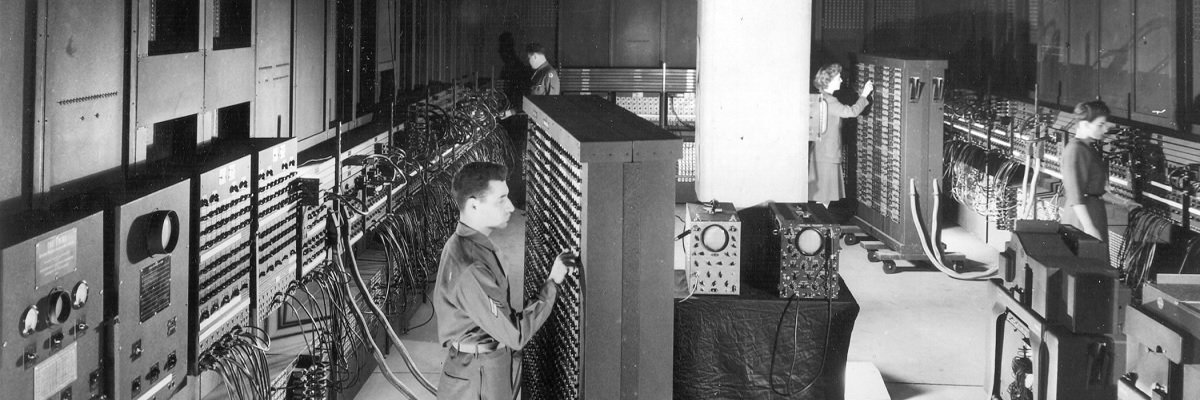The Massachusetts Institute of Technology, supported by a multimillion dollar donation from a hedge fund executive and a history of expertise in artificial intelligence, hopes to become a world leader in examining AI’s impact and lead its integration in all aspects of professional and social life. In October, the university, based in Cambridge, Massachusetts, announced that it would invest $1 billion to establish a new college housed in a state-of-the-art new building and add 50 new faculty positions to shape AI’s practical and ethical use across multiple disciplines. The effort is anchored by a $350 million gift from Blackstone CEO Stephen A. Schwarzman.
Dubbed the Stephen A. Schwarzman College of Computing, the program will enroll students in September 2019. The new building is expected to open by 2022 on the Cambridge campus.
“Faculty in a range of departments have a great deal to gain from new kinds of algorithmic tools,” Melissa Nobles, dean of the MIT School of Humanities, Arts, and Social Sciences, told MIT News, an in-house publication, at the time of the announcement, “and a great deal of insight to offer their makers. Faculty in every school at MIT will be able to shape the work of the College.”
Several universities and thinks tanks in the past decade have been the beneficiaries of major donations aimed at encouraging development and study of AI. Microsoft co-founder Paul Allen provided $125 million in 2013 to create the Allen Institute for Artificial Intelligence in Seattle; two years later, billionaires Elon Musk and Peter Thiel joined LinkedIn co-founder Reid Hoffman and YCombinator cofounder Jessica Livingstone to establish OpenAI, a $1 billion non-profit research group based in San Francisco. This past spring, the European Commission committed $1.5 billion to AI research.
But the MIT $1 billion initiative is the largest American academic commitment to the field to date and, like a few other recent attempts to accelerate AI research at universities, it was stimulated by a large, private donation. Schwarzman’s gifts are not limited to MIT. A graduate of Yale and Harvard Business School, Schwarzman has donated multi-million gifts to both for AI work. He also has donated $100 million to Beijing’s Tsinghua University for a program in public policy named Schwarzman Scholars. The MIT donation also will be bolstered by additional fundraising efforts at MIT, which has $350 million left to raise to reach its $1 billion target.
“As one of the world leaders in technological innovation, MIT has the right expertise and the right values to serve as the ‘true north’ of AI in pursuit of the answers we urgently need,” Schwarzman said in a statement published in MIT News.
“My intent with this gift is to make the world a better place, make the United States as strong a country as it can be, and bring prosperity and a good life to as many people as we can,” he said in an MIT video.
Schwarzman’s hopes for MIT’s AI future has been echoed by many others who have donated to the university’s Campaign for a Better World. The major fundraising effort has garnered over $4.3 billion in donations since it was created in 2016 with the purpose of funding a redesign of the University’s campus, student aid, and faculty support.
“The key difference here that we’re doing with the College is integrating computer science in every other discipline - that is the key thing. If you want to major in computer science, you can come here and we don’t need a college for that,” MIT President L. Rafael Reif told Bloomberg Baystate Business shortly after the new college was announced. He said that 40 percent of undergraduates already are pursuing a degree in computer science, while most other MIT students at least take one class in that discipline. The university’s current organization revolves around five schools, including engineering and arts and humanities. “But the [AI] College is needed to become the connecting tissue that connects AI with everything else we do at MIT.”
MIT’s plans call for the program to launch next fall, less than nine months from now, though the university expects it will be about five years before all 50 new positions are filled. So far, there have not been any announcements of faculty appointments or a new dean. “A search advisory committee, charged by Provost Martin Schmidt, is leading the search process for a new dean,” MIT spokesperson Kimberly Allen told MuckRock via email. “Once a new dean is in place, s/he will be announced to the MIT community and publicly.”
The university has begun communicating with the public and the college community, seeking ideas about the new school. And administrators - such as Provost Schmidt and Melissa Nobles, Dean of MIT School of Humanities, Arts, and Social Sciences - have said they believe the new college will be crucial to MIT’s overall educational mission and the development of students who are “bilingual” - that is, proficient in computer science and another field.
“Technologies reflect the values of those who make them. For this reason, technological advancements must be accompanied by the development of ethical guidelines that anticipate the risks of such enormously powerful innovations,” said a University press statement when the College was announced. “MIT must make sure that the leaders who graduate from the Institute offer the world both technological proficiency and human wisdom — the cultural, ethical, and historical consciousness to use technology for the common good. MIT is founding the College, in part, to educate students in every discipline to responsibly use and develop AI and computing technologies to help make a better world. “
The MIT Faculty Newsletter announcing the Stephen A. Schwarzman College of Computing is embedded below.

Algorithmic Control by MuckRock Foundation is licensed under a Creative Commons Attribution 4.0 International License.
Based on a work at https://www.muckrock.com/project/algorithmic-control-automated-decisionmaking-in-americas-cities-84/.
Image via Wikimedia Commons




